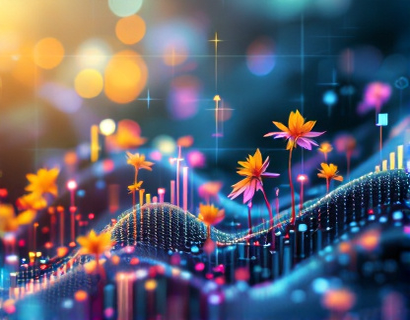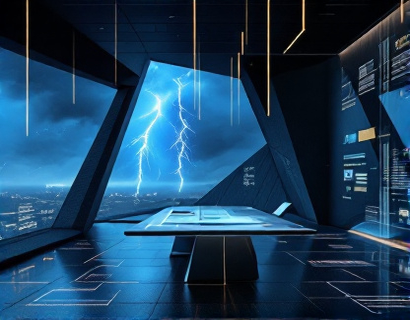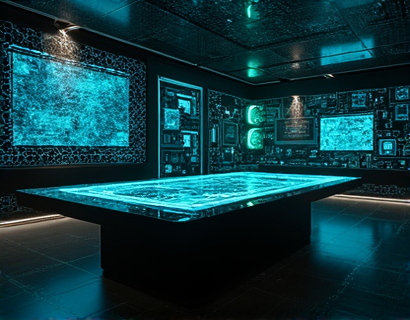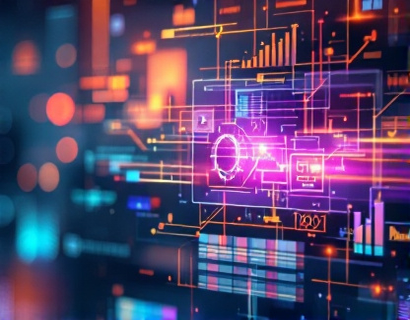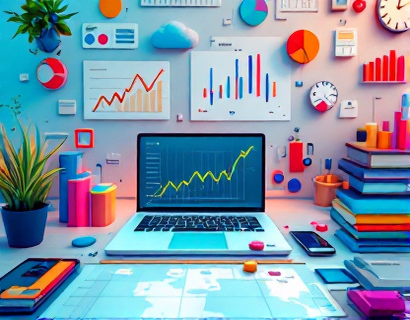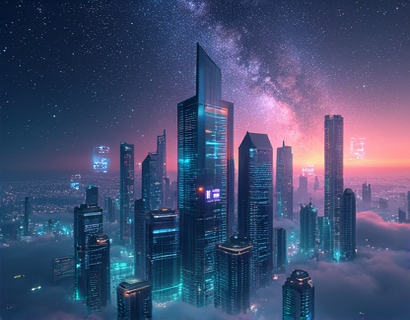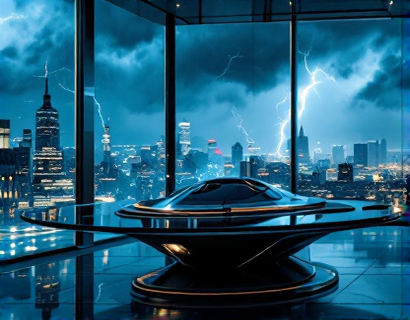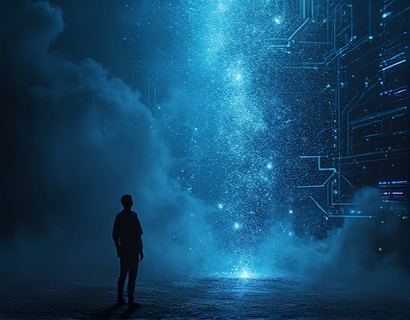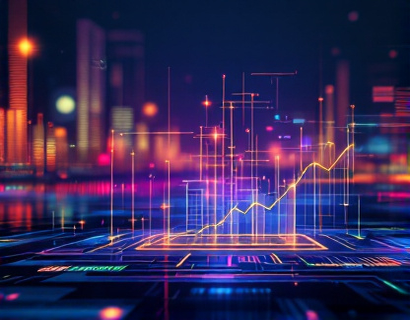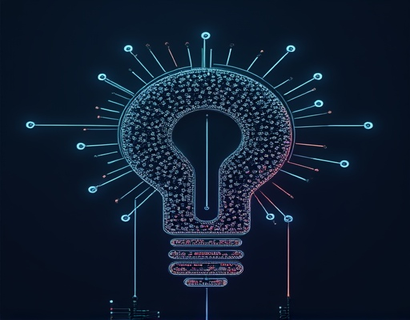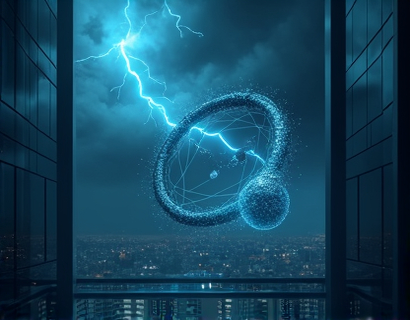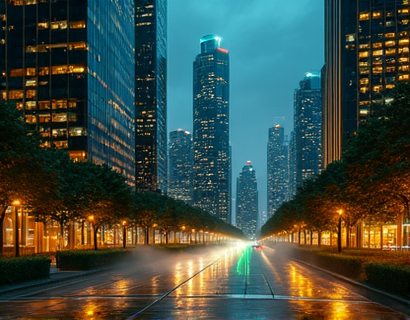Unlocking Musical Mastery: Harnessing AI for Advanced Composition and Production
The landscape of music creation is undergoing a transformative shift with the integration of artificial intelligence (AI) technologies. This evolution promises to revolutionize the way musicians compose, produce, and refine their work, offering unprecedented tools that enhance creativity and sound quality. The advent of sophisticated AI software has made it possible for both seasoned professionals and emerging artists to tap into a realm of possibilities that were once the domain of the technologically advanced. This article delves into the ways AI is reshaping music composition and production, providing insights into how these tools can be harnessed to unlock new creative potentials and elevate artistic expression.
The Role of AI in Music Composition
AI in music composition serves as a collaborative partner, assisting artists in generating melodies, harmonies, and even entire tracks. These systems analyze vast datasets of musical compositions to understand patterns, styles, and structures, enabling them to suggest novel yet coherent musical ideas. For instance, AI can generate a baseline melody that fits the mood and tempo specified by the user, or it can propose harmonic progressions that complement a given chord sequence. This capability not only saves time but also inspires creativity by presenting musicians with fresh perspectives they might not have considered.
Moreover, AI tools can assist in overcoming creative blocks. When faced with a challenging composition phase, an AI can offer alternative approaches or suggest variations that reignite the creative spark. This synergy between human intuition and machine learning algorithms results in a more dynamic and innovative compositional process. The ability to experiment with different musical elements without the fear of making mistakes empowers artists to explore uncharted territories in their work.
Enhancing Music Production with AI
Beyond composition, AI significantly impacts the production phase of music creation. One of the most notable applications is in audio processing and mixing. AI algorithms can analyze recordings to identify and correct issues such as noise, distortion, and imbalance in sound levels. These tools can automatically apply equalization, compression, and reverb effects to achieve a polished sound, ensuring that the final product meets professional standards. This automation not only streamlines the production process but also allows artists to focus more on creative aspects rather than technical details.
Another area where AI excels is in the creation of virtual instruments and sounds. Machine learning models can simulate the nuances of acoustic instruments with remarkable accuracy, offering a wide range of timbres and textures that would be difficult to achieve with traditional hardware. This capability is particularly beneficial for producers working with limited budgets or those who desire a unique sonic palette. AI-generated sounds can be tailored to fit specific genres or moods, providing an endless array of possibilities for artistic expression.
Intuitive User Interfaces and Accessibility
The true power of AI in music creation lies in its accessibility. Modern AI tools are designed with user-friendly interfaces that make complex technologies accessible to musicians of all skill levels. Intuitive drag-and-drop functionalities, visual interfaces, and step-by-step guides ensure that even those with minimal technical knowledge can leverage these advanced tools effectively. This democratization of music production technology levels the playing field, allowing emerging artists to compete on a par with established professionals.
Furthermore, these tools often come with extensive libraries of pre-made templates, presets, and samples, which serve as excellent starting points for new projects. These resources not only save time but also provide a foundation upon which artists can build and customize their unique sound. The combination of AI-driven suggestions and user-controlled adjustments creates a powerful workflow that accelerates the creative process without compromising artistic integrity.
Collaboration and Community Engagement
The integration of AI in music creation also fosters a sense of community and collaboration. Online platforms and applications often include features that enable artists to share their projects, receive feedback, and collaborate with others in real-time. AI can facilitate this process by suggesting compatible collaborators based on musical style and preferences, or by providing tools for seamless file sharing and version control. This interconnectedness not only enriches the creative experience but also expands the potential audience for emerging artists.
Additionally, AI can analyze trends and popular elements within specific genres, offering insights that help artists stay relevant and connected to their audience. By understanding what resonates with listeners, musicians can refine their work to better meet the demands of their fans while still maintaining their unique artistic voice. This data-driven approach, combined with AI's creative contributions, ensures a balanced and successful musical journey.
Challenges and Considerations
While the benefits of AI in music creation are undeniable, it is essential to acknowledge the challenges and considerations that come with these technologies. One primary concern is the potential loss of the human touch in music. Critics argue that over-reliance on AI tools might lead to a homogenization of sound, where unique personal styles are overshadowed by algorithmically generated norms. However, this can be mitigated by using AI as a tool rather than a replacement for human creativity. Artists should view AI as an extension of their creative process, not a substitute for their artistic vision.
Another consideration is the ethical use of AI in music. Issues such as copyright infringement and the unauthorized use of sampled materials can arise when AI systems generate content based on existing works. It is crucial for artists and developers to implement robust safeguards and adhere to legal standards to ensure that AI-enhanced music respects intellectual property rights.
Future Prospects and Innovations
The future of AI in music creation holds immense potential for further innovation. As machine learning algorithms continue to advance, we can expect even more sophisticated tools that understand context, emotion, and intent in music. For example, AI could soon be capable of generating music that adapts in real-time to the listener's emotional state, creating a deeply personalized auditory experience. This level of interactivity could redefine the relationship between musicians and their audience, making live performances and interactive installations more immersive and engaging.
Additionally, the integration of AI with other emerging technologies such as virtual reality (VR) and augmented reality (AR) opens up new avenues for musical expression. Imagine attending a virtual concert where AI-generated environments and visuals respond dynamically to the music, creating a multisensory experience that transcends traditional concert settings. The possibilities are vast, and the intersection of AI, music, and immersive technologies promises to redefine the future of artistic creation.
Conclusion
In conclusion, the integration of AI in music composition and production represents a significant leap forward in the evolution of music creation. By providing powerful tools that enhance creativity, streamline workflows, and ensure high-quality sound, AI empowers musicians to explore new frontiers and achieve their artistic goals. Whether you are a seasoned professional or just starting your musical journey, embracing AI technologies can transform your creative process and unlock unprecedented potentials. As the field continues to evolve, the synergy between human creativity and artificial intelligence will undoubtedly shape the future of music, offering endless opportunities for innovation and artistic expression.




